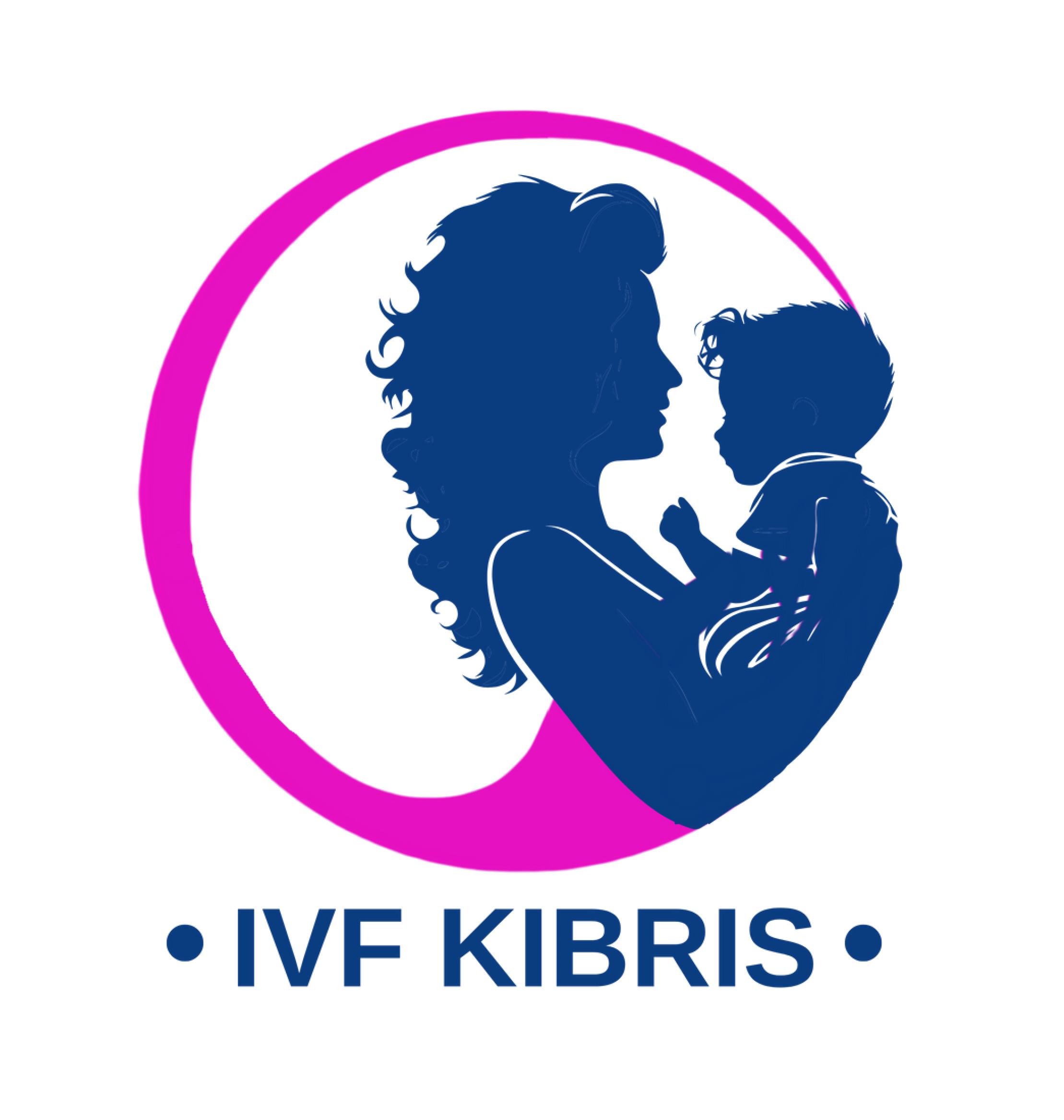(Under Legal Conditions)
Surrogacy
A surrogate mother is a woman who carries and delivers a baby for a couple who cannot conceive due to medical or biological reasons. In this method, an embryo created using the genetic materials (egg and sperm) of the intended parents in a laboratory is transferred into the surrogate’s uterus. The surrogate mother carries the baby but has no genetic relation and delivers the child to the legal and biological parents after birth.
Under What Conditions Is Surrogacy Applied?
Surrogacy is performed in specific medical or physical conditions. Some of the reasons for choosing this method include:
- Uterine abnormalities or the absence of a uterus.
- Recurrent miscarriages or failed IVF attempts.
- Health conditions that make pregnancy a risk to the mother’s well-being.
- Congenital absence of the uterus or other severe reproductive disorders.
Under these conditions, surrogacy provides a safe and effective solution for both the intended parents and the baby.
Why Is Surrogacy Used?
Surrogacy offers hope to couples who wish to become parents but face biological or medical barriers. By carrying an embryo that is genetically related to the intended parents, a surrogate mother helps couples establish a biological connection with their child. Additionally, surrogacy ensures a healthy pregnancy and turns the dream of parenthood into reality.
What Preparations Does a Surrogate Mother Need?
The preparation process for surrogacy involves both physical and psychological evaluations. Initially, the surrogate undergoes detailed medical tests to assess her overall health, uterine structure, and suitability for pregnancy. She may receive hormonal therapy to prepare for embryo transfer. Additionally, psychological counseling and legal briefings are crucial steps in the preparation process.
Who Can Be a Surrogate Mother?
There are specific requirements for becoming a surrogate mother. Generally, a surrogate should:
- Be between 21-40 years old and in good physical health.
- Have had at least one successful pregnancy before.
- Be mentally and emotionally prepared for the process.
- Not have any serious health conditions or infectious diseases.
These criteria ensure that the surrogate can successfully carry a pregnancy to term while maintaining her own well-being.
Who Cannot Be a Surrogate Mother?
The following individuals are not suitable for surrogacy:
- Women with serious uterine or health issues.
- Individuals who have experienced multiple failed pregnancies.
- Those who are psychologically unprepared for the responsibility.
- People with substance abuse issues (e.g., alcohol or drug dependency).
These restrictions are in place to protect the health and well-being of both the surrogate and the baby.
Does a Surrogate Mother Pass on Her Genes to the Baby?
No, a surrogate mother does not pass genetic material to the baby. The embryo is created using the intended parents’ genetic material and is transferred into the surrogate’s uterus. Therefore, the surrogate mother only carries the pregnancy and has no biological relation to the child.
Is Surrogacy Legal in Turkey?
No, surrogacy is prohibited by Turkish law. According to the Turkish Civil Code, the woman who gives birth to a child is considered the legal mother. As a result, surrogacy cannot be legally practiced in Turkey. However, in countries where surrogacy is legally permitted, such as Cyprus, the procedure can be conducted within a regulated legal framework. In such cases, it is essential to follow the legal procedures that protect the rights of both the intended parents and the surrogate.
What Are the Legal Procedures and Regulations?
Surrogacy procedures and legal frameworks vary by country. In countries like Cyprus, where surrogacy is legal, a formal agreement is signed between the intended parents and the surrogate. This agreement outlines the rights and responsibilities of all parties involved. Throughout the process, legal protections ensure that the genetic parents retain full parental rights over the child.
Since surrogacy is not legal in Turkey, couples seeking this treatment must travel abroad to countries where the process is legally recognized.
Our Services
Contact Us
Send Us Your Questions, Our Experts Will Answer
Fill out the form below to ask your questions, and our experts will provide answers.

